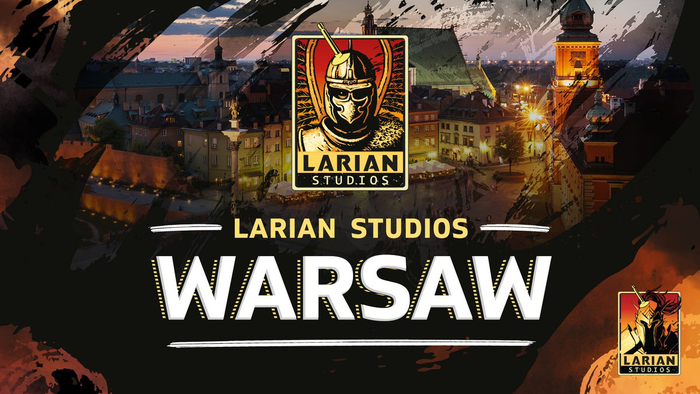IGC: Double Fusion's Bellamy Breaks Down In-Game Ads
At Austin's Independent Game Conference, in-game ad firm Double Fusion's business development manager Gordon Bellamy discussed the topic of advertising in games -- how to enhance revenue without losing the customer? He also hinted at how the future of in-
November 30, 2007

Author: by Evan Van Zelfden, Leigh Alexander
At the 2007 Independent Game Conference in Austin, in-game ad firm Double Fusion's business development manager Gordon Bellamy discussed the topic of advertising in games -- how to enhance revenue without losing the customer? He began by talking about using real brands. In the early days of sports games, said Bellamy, developers would have to pay licensing fees to brands — from cars to sports equipment makers to drink brands. “You gotta pay everyone,” recalled Bellamy. But now, “The model is flipping upside-down. Gatorade now pays to participate.” “In-game ads are not a new thing,” he continued; there are now a number of possibilities. "Today, if you want to do a static ad, in the game, on the disk, you can work with anybody. If you want dynamic ads on the PC you can work with us,” he said, referring to his company, Double Fusion. Continued Bellamy, “If you want dynamic ads on the Xbox, you can only work with Microsoft.” Massive, the ad company owned by Microsoft, keeps the platform closed to other in-game ad agencies. "On the Playstation and Nintendo, you can’t do it at all," he added." Which means, as Bellamy said, “Doritos can’t be multiplatform.” One product cannot be in every version of the game. “PC is the broadest market, because it’s open," Bellamy continued. "That's what you want for any market, for it to be open, because that gets competition.” Speculating on things to come, Bellamy offered, “We think this industry will grow to $10 billion in the next four to five years: for both dynamic and static ads across the board. It sounds like a lot of money for an emerging market, but if you look at online adverting being $50 billion, it’s reasonable.” He continued, “The young adults of today have grown up in a branded universe. The authenticity of a real brand is organic to them. Having it as part of their game world is also natural to them.” There are some specific advertisers who tend to use in-game, according to Bellamy. "You see athletic. Pharma is also a big one. Insurance companies also want to reach the young players who will be getting insurance for the first time." Impressions are another key to in-game ads -- but Bellamy pointed out that, in an emerging industry, there is not yet a definition of what qualifies as an impression. “You say it’s on the screen for ten seconds. What angle is it? How big is it? That’s one of the challenges of our industry.” So then, how do you show the value of the advertising? Explains Bellamy, "That’s one of the opportunities for the in-game advertising industry. Hopefully, we’ll have this conversation a billion dollars from now, and the answer will seem obvious.” “When you advertise in the game and you distribute it for free,” says Bellamy, "you can 'geotarget' the game. In other words, ads appear for the territory they appear in." For example, Double Fusion did something similar with Ubisoft's FarCry. However, there was a problem. “The game can be distributed in areas that are outside of the US, Europe, South America, wherever.” In that case, it’s still free, but appears without ads. Bellamy notes that more campaigns are in the works at Double Fusion, but “the games will be available where the advertising will subsidize the game.” But as regards FarCry, "It spread like lava — in our targeted areas as well as untargeted areas. The free game was pulled after a week-and-a-half. The idea is to do it smarter next time.” Ultimately, Bellamy’s philosophy is this: “We need to deliver a value to our gamer, because we’re changing the experience for them.” During Q&A, Bellamy was asked about Sony and Nintendo’s strategies for in-game ads. Bellamy admitted that those companies had plans. When pressed if Double Fusion was included in those plans, he indicated that everything was under Non-Disclosure Agreement and no one would be discussing anything. But he did throw the audience one bone of a prediction. “I think Sony will make an announcement first.”
Read more about:
2007You May Also Like











